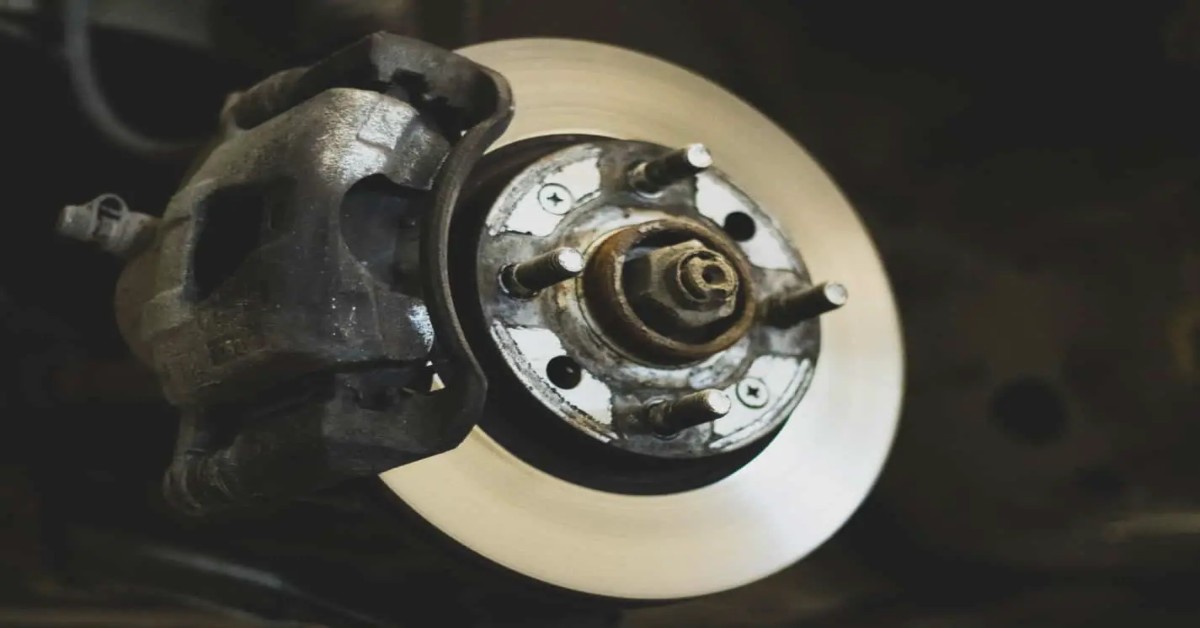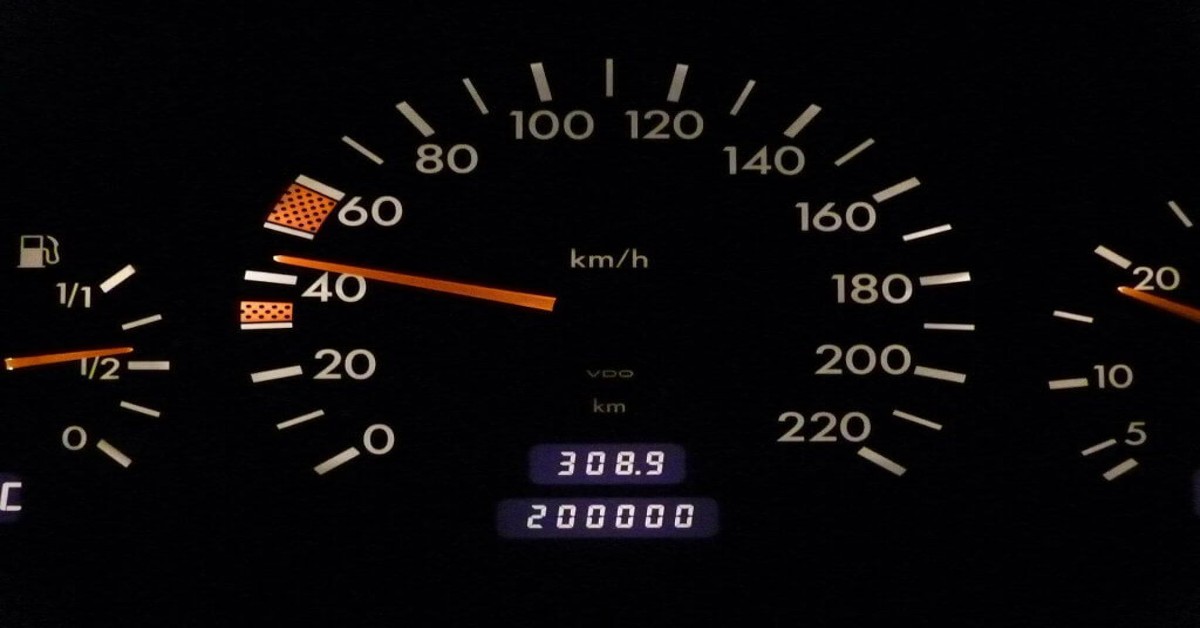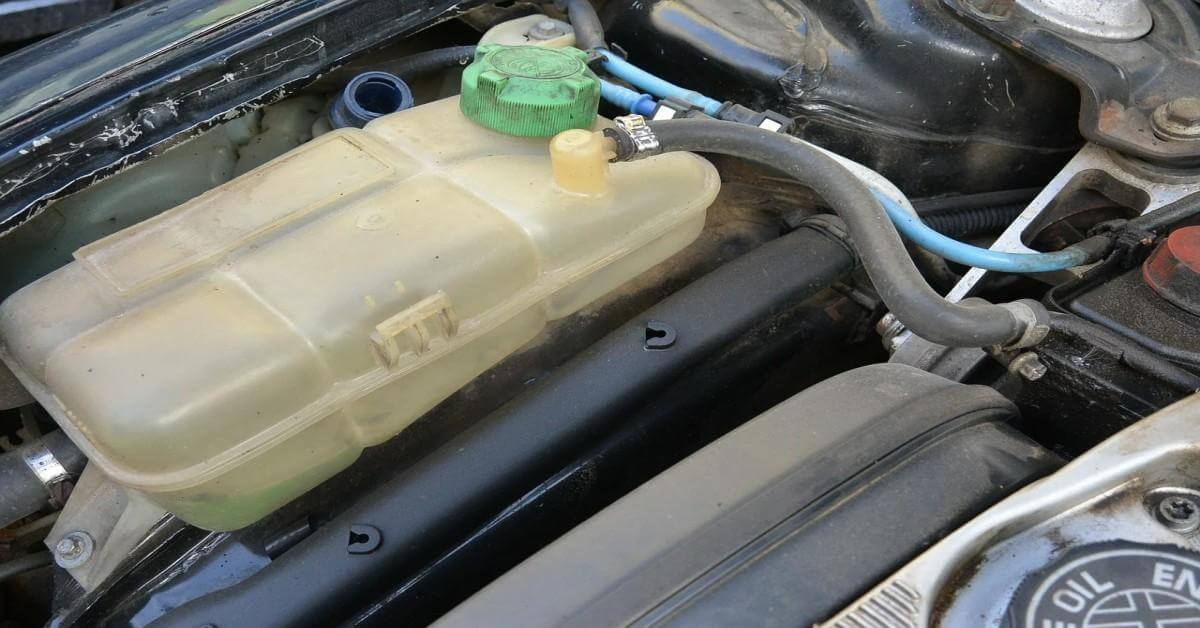Grounding a two thousand pound object to a halt is no easy task. It involves the conversion of kinetic energy and generates an enormous amount of heat. And at the forefront of all that are your brake pads.
No matter what kind of brakes your vehicle is equipped with, galvanized or ceramic, massive amounts of heat and friction eventually wear them down. Though Despite the toll they endure, a set of brake pads usually lasts for about 75000km which is quite impressive.
But if your brake pads are wearing out before the interval period or quicker than they used to, there might be something going on.
There are numerous things that influence the wear of brake pads aside from their general use. To simplify what causes brake pads to wear out prematurely, we can separate the things you can control and the ones you can’t.
Table of Contents
Excess load on wheels
The heavier the vehicle gets, the more inertia it has which according to newton’s first law of motion, is the quality that gives objects their natural tendency to resist change. Now, not to go full-blown scientific on you, the simple reason your vehicle is harder to stop is due to the additional momentum it gains from excess weight. This puts more strain on the brake pads as the braking system now has to work harder to stop the vehicle.
This is one of the reasons, race cars are built so light. Reducing the weight of a car is considered the same as adding some extra horsepower. And like that, the converse is also true, the burden of weight is not just increased on the braking system but the engine as well resulting in faster brake pad wear along with decreased fuel economy.
Braking At High Speeds
Much in the same way as a heavy load, high speed adds to the momentum of the vehicle, making it difficult to stop. Driving at high speeds puts a constant strain on the brake pads both due to the high amounts of friction and heavy and unexpected braking as maintaining 100mph on normal roads is not possible. Avoiding rash driving, in general, can help prevent premature wearing of brake pads as well as prevent accidents.
Sudden Braking
Slamming the brakes or double footing the pedal is most common when trying to beat the traffic. Driving close behind vehicles in an attempt to overtake, is when you wreak havoc on your brake pads and without even knowing about it. Sudden or intermittent braking can heat up the brake pads causing quicker erosion when they contact the rotors. This is one of the prime reasons why the brake pads wear sooner than they normally should.
Not Using Engine Braking
While this doesn’t directly cause your brake pads to wear faster, not utilizing this feature can surely take from the life of the pair. Engine braking allows you to stop the vehicle without having to apply the brakes which can take the load off the brake pads for a while and extend its life. You can make use of engine braking to regulate an optimal speed or do without brakes while driving down a steep road where engaging brakes place the entire weight of the vehicle on the front brake pads. One other thing you could do to prevent excess pressure is shifting to lower gears to maintain slow and steady speeds when driving downhill.
Now that we’ve talked about the common mistakes causing your brake pads to wear faster, let’s discuss the issues that arise in the braking system from more complex problems-
Bad/Failing Rotors
The rotor’s job in the braking process is to convert kinetic energy into heat in order to counteract the rotation of wheels. If the rotors are failing they can develop grooves or deep holes which the brake pads come in contact with when brake pedals are pressed. Damaged rotors in the vehicle do not help the brake pads as they are unable to contact the rotors properly causing friction damage on the pads in conjunction with a compromised stopping ability. But since the rotors are responsible for producing friction, one easy way to find out about a damaged rotor is by putting your ear out for sounds resembling grinding and grating in the wheels.
Bad Calipers
The calipers work alongside the brake pads and rotors to make the braking process a success. They press the brake pads against the rotors once the pedals are engaged. Though in some cases, calipers can get stuck in the position of depressing, not allowing the brake pads to disengage. This will prolong the braking period more than you intended and cause greater wear on the brakes.
Misaligned Wheels
Wheel alignment, in general, is a crucial component of car maintenance that helps not only in better service from the tires but also enhances the driving experience. Misalignment is known to cause uneven and accelerated tire wear but depending on toe in or toe out, the imbalances can also affect the braking system, putting strain on the suspension and causing faster brake pad wear.
Brake Fluid Fade
Overheating, whether of the metal or the liquid can have dangerous ramifications. The boiling of hydraulic fluid can lead to overheating of other components in the car where critical functions can get compromised but how it affects the brake pads is different. Mushy braking due to a reduction in friction is called brake fluid fade. It can be caused by the overheating of the hydraulic fluid when the temperature reaches “kneepoint” on the curve of temperature and friction and accumulates between the brake pad and the disc. This hot fluid destroys the brake pads by their temperature and turns them soft.
Bad Slide Pins
This is one of the main causes for brake pads to wear unevenly. Slide pins are used to position the caliper along each wheel and if they seize in their position it can cause the brake pads to get stuck against the rotors either on the outer side or at the inner part leading to uneven and intentional wear of the brake pads.
Are brake pads the same for front and back?
Front brake pads are comparatively larger than the rear brake calipers. This is simply due to the fact that they work significantly harder, enduring more than 70% of the total force carried from the momentum. However, handling more heat and friction comes with a price. Withstanding more stress is the reason why front brakes wear faster than rear brakes and also why the calipers in the front and back are not fungible.
Can you change brake pads only on one side?
In some cases, brake pads wear out unevenly where you notice much faster wear on one side of the wheel than the other but it is not recommended to get a single brake pad replacement. Though it would make sense to you to change the one brake pad worn down severely, replacing both brake pads is important as it will ensure even wear of the brake pads. If there is an underlying issue or any issue with the alignment that is causing the uneven wear of brake pads, be sure to have any such condition checked for at the replacement. However, you can change only one pair of the brake pads if you want, either rear or front.




